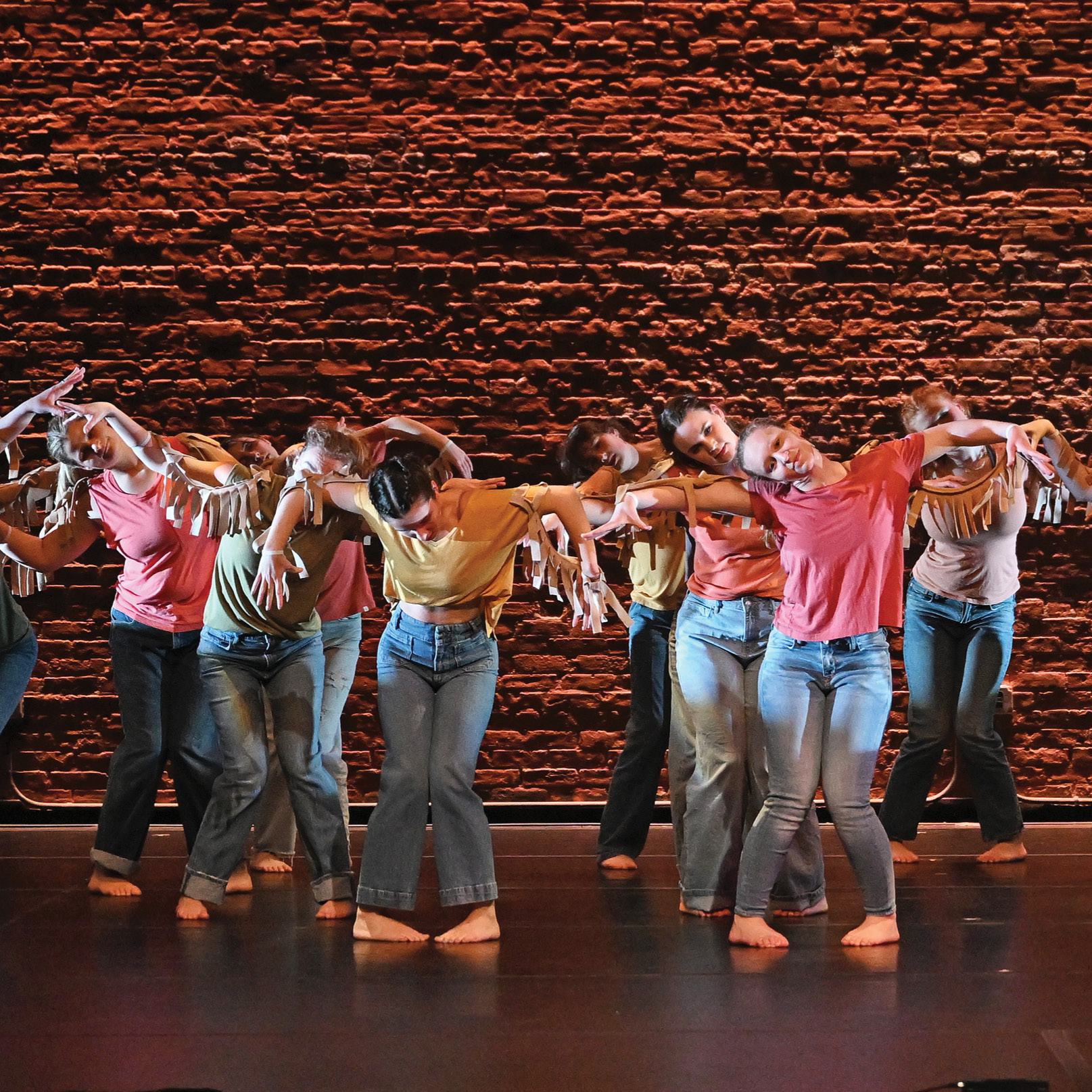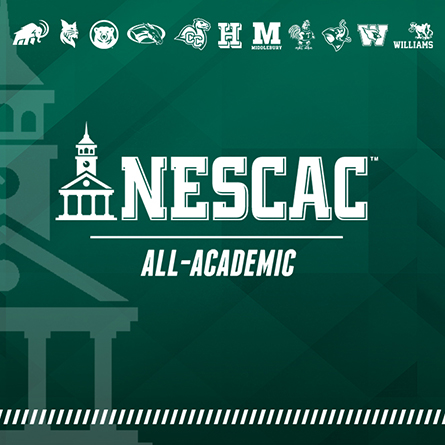
Class of 2014 told 'stay true to your genius'

Under a cloudless sky, Commencement Keynote Speaker Noah Feldman told the 461 members of the Class of 2014 that while today’s moment of celebration was wonderful, the real gift they had been given was four years of preparation for the rest of their lives.
"The whole point of the liberal arts education - that fragile, extraordinary, valuable thing which is being put in your hands and has been put in your hands - is to teach you to participate as full partners in the making of the world around you,” said Feldman, the Bemis Professor of International Law at Harvard Law School. “And that by definition can only happen through your taking up the stuff and the substance of your future lives and shaping it and making it your own.”
Prior to his speech, Feldman was awarded an honorary doctor of humane letters by Connecticut College President Katherine Bergeron.
Bergeron, who joined Connecticut College Jan. 1 and was inaugurated April 5, told the Class of 2014 they are part of a proud lineage of graduates who have done exactly what Feldman urged them to do: Used what they learned at Connecticut College to positively change the world.
“You may be leaving this beautiful hill, but the hill is not leaving you. The lessons you have learned from this community about generosity and collaboration, about personal accountability and leadership, will remain long after the specific content of your papers and projects have faded from memory,” Bergeron said. “It is the deeper imprint of this learning, and these values, that will ensure your success, making it possible for you not only to achieve in your personal lives but also to bring that accomplishment into whatever organizations you are part of — to make a difference for your future communities as you have made a difference here.”
Bergeron thanked the Class of 2014 for welcoming her so warmly into the Connecticut College community and said that through them, she began to understand first-hand the meaning of a Connecticut College education. The College is unique, she said, in the quality of its campus community, the close collaboration among students and faculty, and the atmosphere of mutual respect and accountability.
These qualities were reflected in the words of Kolton Harris, an English major from Groton, Conn., who was chosen from among an outstanding group of nominees as the senior class speaker. Harris urged his classmates to impact humanity by staying true to the genius that lies within each one of them.
“We are not graduating from Connecticut College to be ordinary,” Harris said. “Now, it is our responsibility to figure out exactly what our genius is, how it looks and what its purpose is. It is now in our hands to nurture that genius.”
During the ceremony, the Oakes and Louise Ames Prize for most outstanding honors thesis was awarded to Jyoti Arvey, a Slavic studies major from Nyack, N.Y., for her honors thesis, “Gender in the Everyday Life of the Russian Home.” Based on ethnographic interviews conducted with residents of Ufa, Russia, Arvey’s thesis illuminates the social structures within the post-Socialist Russian home to gain a nuanced understanding of modern life in the country. Arvey’s post-graduation plans will take her back to Russia as a Fulbright fellow.
The College awarded the Anna Lord Strauss Medal for outstanding public or community service, including service to the College, to Gabrielle Arenge, a psychology major with an art minor from Bordentown, N.J. Arenge, a Winthrop Scholar who graduated with a certificate from the College’s Holleran Center for Community Action and Public Policy, has volunteered as a tutor to New London schoolchildren and mentored youth through Big Brothers Big Sisters of Southeastern Connecticut. The summer after her sophomore year, she was awarded a Davis Projects for Peace grant to design and implement an art-based mentor program for impoverished youth in Kenya. The summer after her junior year, as the recipient of the College’s Myers Research Fellowship, Arenge returned to Kenya to continue this work. On campus, as the chair of academic affairs for the Student Government Association, she has been a driving force in the College’s curricular revision efforts.
The College’s highest honor, the Connecticut College medal, was conferred on President Emeritus Leo I. Higdon Jr., and Lynda Batter Munro ’76 P’08 for their service to Connecticut College and their demonstrated distinction in their fields.
Higdon served as president of Connecticut College from 2006-2013. He made substantive investments in every aspect of the student experience, and under his leadership, The Campaign for Connecticut College raised a record $211 million. His leadership enriched the learning experience of students, and inspired faculty, staff, alumni, parents and friends.
Munro, a former president of the Alumni Association Board of Directors and a former member of the College’s Board of Trustees, is Chief Administrative Judge of Family Matters for the Connecticut Superior Court. Her impact on the state’s justice system has been profound, setting new standards for accommodating the developmental needs of children, protecting witnesses and supporting the rights of parents and grandparents.
Commencement events began Saturday morning with the induction of 45 graduating seniors into Phi Beta Kappa, the national academic honor society. Earlier this year, 12 of these seniors were named Winthrop Scholars, the College’s highest academic honor. Also on Saturday, the College honored senior scholars in its interdisciplinary academic centers and hosted special gatherings for student-athletes, Posse Scholars and Mellon Mays Undergraduate Fellows. Baccalaureate, the annual celebration of the spiritual diversity of the graduating class, was Saturday afternoon and featured a keynote address by Stephen Loomis, the Jean C. Tempel ’65 Professor of Biology.
For more on Commencement and to see where members of the Class of 2014 are going, visit www.conncoll.edu/commencement.
May 18, 2014
